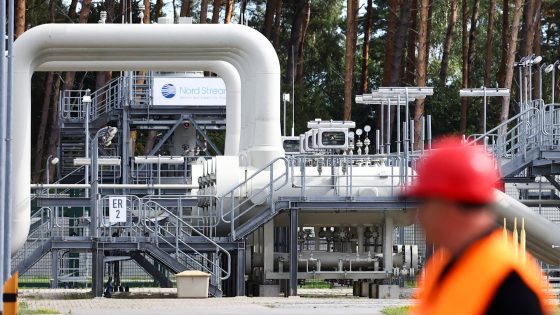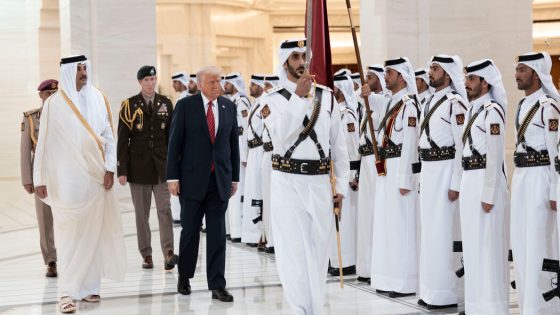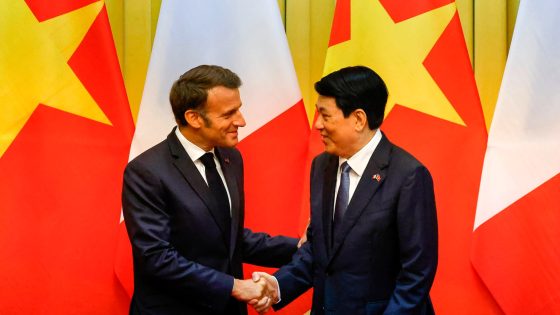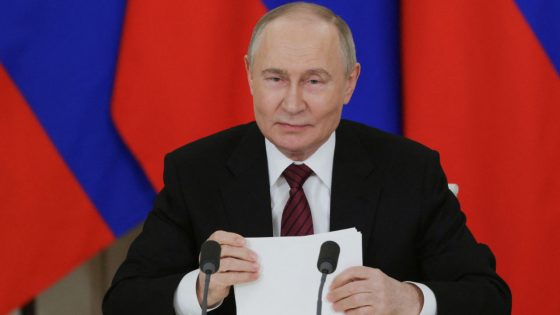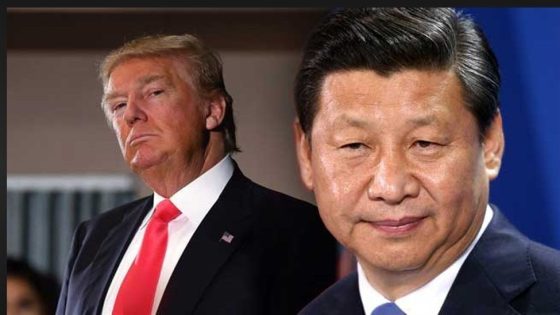Global energy dynamics are shifting as Germany‘s Friedrich Merz advocates for a ban on the Nord Stream pipeline to prevent a potential gas link between the US and Russia. This significant move comes amid ongoing tensions, particularly following Russia’s rejection of a ceasefire with Ukraine on May 23, 2025.
- Merz supports Nord Stream ban to prevent gas link.
- EU plans sanctions on Nord Stream 2 pipeline.
- Russia rejects Ukraine ceasefire amid tensions.
- Merz advocates freezing Nord Stream to block Putin-Trump deal.
- Germany opposes exploitation of Nord Stream 2.
As discussions intensify, the European Union is also considering sanctions against the Nord Stream 2 pipeline. This initiative aims to curb any possibility of Russia resuming gas exports to Europe, highlighting the urgency of energy independence in the region.
The implications of these developments raise critical questions about Europe’s energy future. Will these sanctions effectively deter Russian aggression? How will they impact global energy prices?
- Germany seeks to prevent reliance on Russian gas.
- EU sanctions may reshape energy supply chains.
- Potential for increased energy prices globally.
- Geopolitical tensions could escalate further.
As energy policies evolve, nations must prioritize sustainable alternatives to ensure a secure and stable future for all. Will countries collaborate for a unified energy strategy?



